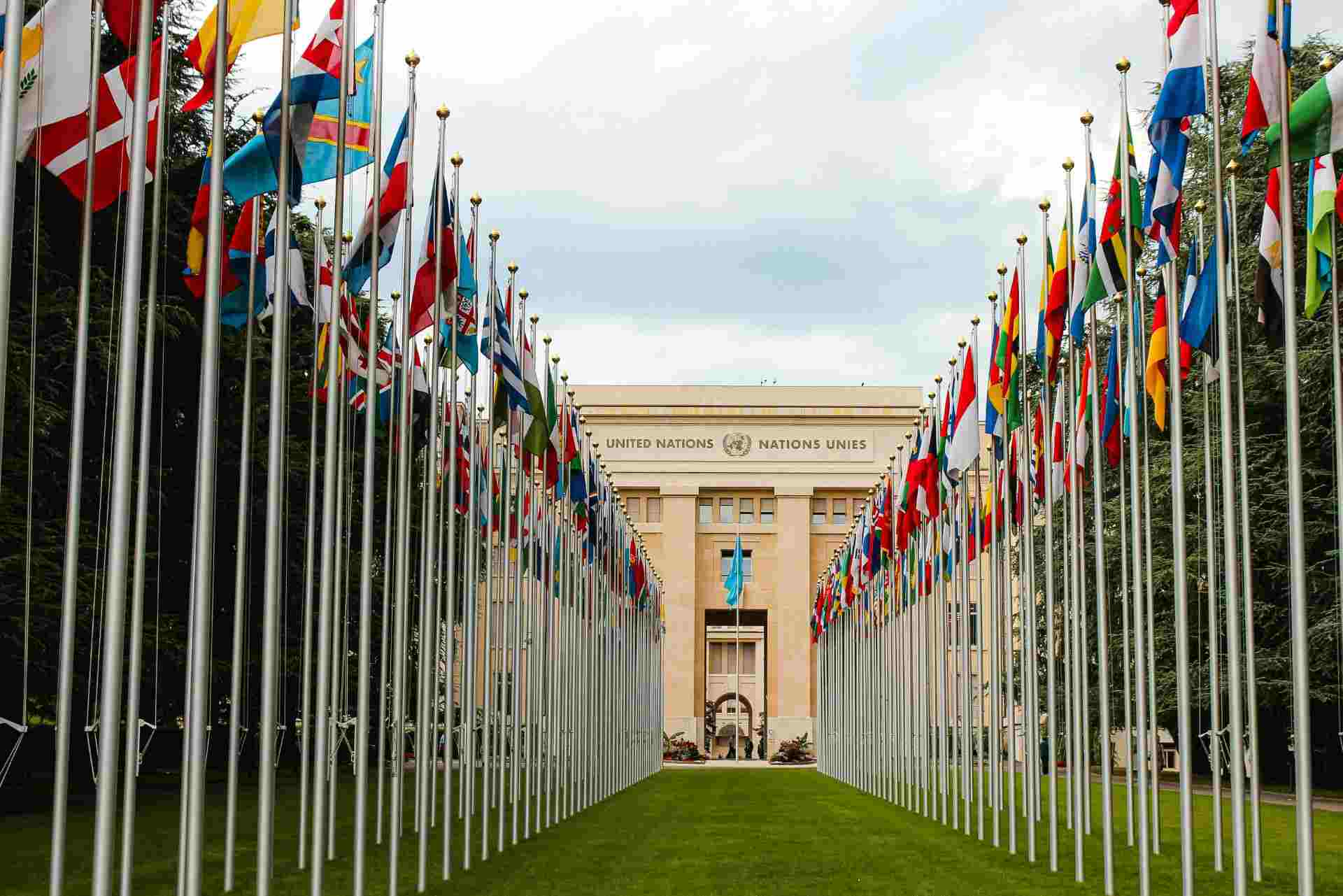Corporate Social Responsibility (CSR) has transformed from a voluntary business approach to a critical pillar of sustainable development around the world. At the forefront of this evolution is the United Nations, whose various agencies, frameworks, and initiatives guide, encourage, and sometimes catalyze corporate engagement with social, environmental, and ethical responsibilities. This article explores the pivotal part the UN plays in shaping, promoting, and mainstreaming CSR globally, fortified with detailed examples, data, and expertly curated case studies.
Defining Corporate Social Responsibility in the UN Context
CSR in the context of the UN extends beyond philanthropy or compliance. It embodies the commitment of businesses to integrate human rights, environmental stewardship, fair labor practices, anti-corruption efforts, and meaningful engagement with stakeholders across supply chains and operations. The UN has been instrumental in standardizing the language, priorities, and expectations around CSR, fostering a globally recognized lexicon that shapes regulatory environments and investor expectations.
Pivotal UN Frameworks Influencing Corporate Social Responsibility
Established in 2000, the UN Global Compact is the most extensive voluntary corporate sustainability initiative worldwide, uniting over 15,000 companies and 3,000 non-business signatories across 160+ countries. It challenges participating businesses to align their operations and strategies with ten universally accepted principles in the areas of human rights, labor, environment, and anti-corruption.
Specifically, these ten tenets originate from fundamental United Nations instruments, including the Universal Declaration of Human Rights, the International Labour Organization’s Declaration on Fundamental Principles and Rights at Work, the Rio Declaration on Environment and Development, and the United Nations Convention Against Corruption. Businesses embracing these principles are granted entry to an international community of counterparts, UN specialists, and a collection of tools for deployment and enhancement.
Participation is characterized by openness: signatories must provide yearly Communication on Progress reports, openly detailing their achievements and obstacles. The possibility of removal for failing to comply adds gravity, guaranteeing that CSR is more than just empty words.
The Sustainable Development Goals (SDGs)
Unveiled in 2015, the 17 Sustainable Development Goals (SDGs) serve as a universal blueprint for prosperity, equity, and environmental preservation by 2030. The UN actively encourages corporations to integrate the SDGs into core business strategies, recognizing that achieving these ambitious targets is unattainable without private sector engagement.
Many global brands, including Unilever, Nestlé, and Microsoft, have restructured their CSR strategies to directly support goals such as promoting decent work, reducing inequalities, ensuring responsible consumption, and combatting climate change. For instance, Unilever’s Sustainable Living Plan, aligned with SDG 12 (Responsible Consumption and Production), is credited with saving over 1 million tonnes of CO2 emissions and improving the livelihoods of 1.8 million people worldwide.
The UN’s Foundational Principles for Business and Human Rights
Published in 2011, the UN Guiding Principles on Business and Human Rights (UNGPs) established a worldwide benchmark for averting and tackling the danger of negative human rights consequences associated with commercial operations. The “Protect, Respect and Remedy” framework elucidates the obligation of nations to safeguard human rights, the corporate duty to uphold human rights, and the necessity for efficient redress mechanisms.
These guidelines have since permeated national legislations, sectoral codes, and corporate policies. Countries such as France and the United Kingdom have developed mandatory reporting requirements on human rights, while numerous multinationals, from Adidas to Coca-Cola, have developed due diligence and grievance mechanisms reflecting UNGP requirements.
Programmatic Assistance and Skill Development
Beyond its established frameworks, the UN provides substantial programmatic assistance. Organizations like the United Nations Development Programme (UNDP), the United Nations Industrial Development Organization (UNIDO), and the International Labour Organization (ILO) offer specialized advice, educational programs, and the dissemination of information.
For instance, the United Nations Development Programme’s Business Call to Action initiative motivates companies to develop inclusive business strategies. In Peru, the UNDP’s collaborative efforts assisted the coffee enterprise Café Compadre in incorporating small-scale farmers directly into its supply network. This initiative enhanced the earnings of more than 250 households, strengthened the local economy’s resilience, and guaranteed a traceable, environmentally sound sourcing process.
Similarly, UNIDO champions industrial corporate social responsibility through initiatives such as the Resource Efficient and Cleaner Production Programme, which assists businesses across Africa and Asia in implementing manufacturing processes that are both environmentally friendlier and more economically viable.
Advocacy, Awareness, and Norm Diffusion
The UN leverages its unique convening power to amplify CSR awareness at the highest decision-making levels. Annually, events such as the UN Global Compact Leaders Summit and the UN Forum on Business and Human Rights draw thousands of corporate leaders, investors, governments, and civil society organizations to assess progress and strategize collective action.
UN Special Rapporteurs and working groups routinely publish research, recommendations, and thematic reports, shaping public debate and influencing corporate boardroom priorities. This soft power enables the diffusion of advanced CSR norms, catalyzing adoption even in jurisdictions lacking binding regulation.
Collaborations, Cross-Sector Programs, and Capital Generation
Another distinctive UN contribution is fostering partnerships between the private sector, governments, and civil society. Joint initiatives, such as the Caring for Climate platform or the Principles for Responsible Investment (PRI), mobilize resources and expertise to tackle complex challenges like climate risk or ethical investment.
For instance, under the UN-convened PRI, more than 4,900 global investors, managing over $121 trillion in assets, commit to incorporating ESG (environmental, social, governance) issues into investment practice. Such initiatives galvanize large-scale capital toward responsible business models, influencing markets far beyond voluntary sign-ups.
Mechanisms for Accountability, Reporting, and Transparency
By fostering rigorous measurement and disclosure benchmarks, the UN guarantees that corporate social responsibility assertions undergo examination and validation. The Global Reporting Initiative (GRI), conceived with substantial UN backing, is presently employed by countless corporations globally, providing a uniform methodology for revealing sustainability achievements.
The UN’s influence is exerted via the Human Rights Council’s Universal Periodic Review and the Working Group on the matter of Human Rights and Transnational Corporations, which hold both nations and businesses accountable while elevating worldwide standards for ethical behavior.
Challenges and Opportunities
Despite notable advancements, difficulties remain. The optional character of numerous endeavors can result in uneven execution. Certain corporations engage for image enhancement without enacting significant alterations—a phenomenon frequently termed “blue-washing.” Nonetheless, as worldwide interested parties—encompassing investors, patrons, and governing bodies—elevate their demands, the structures, instruments, and forums supplied by the UN progressively function as a benchmark for responsibility and development.
Moreover, the UN actively seeks to broaden and deepen corporate involvement in underrepresented sectors and regions, bridging gaps and mainstreaming standards that resonate across cultures, economies, and industries.
The United Nations undeniably shapes and sustains the landscape of corporate social responsibility worldwide. Through dynamic frameworks, rigorous standards, and multilateral advocacy, the UN fosters a global environment where the integration of social, environmental, and ethical considerations into business is not only encouraged but expected. By transforming isolated acts of corporate good citizenship into systemic and measurable commitments, the UN’s role underscores the interconnectedness of modern business and societal well-being—demonstrating that the path to shared prosperity and sustainable development is one that businesses, governments, and communities must journey together.



